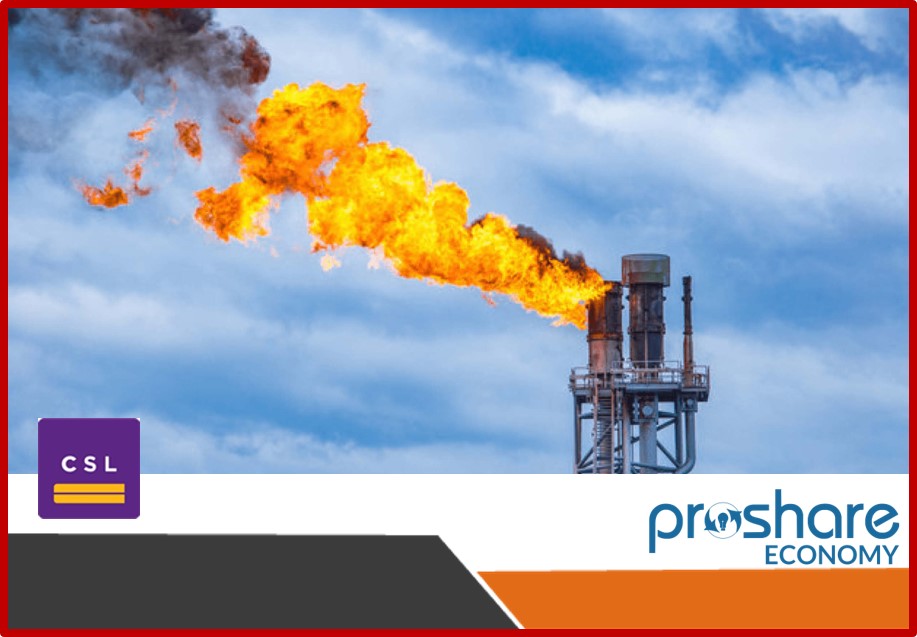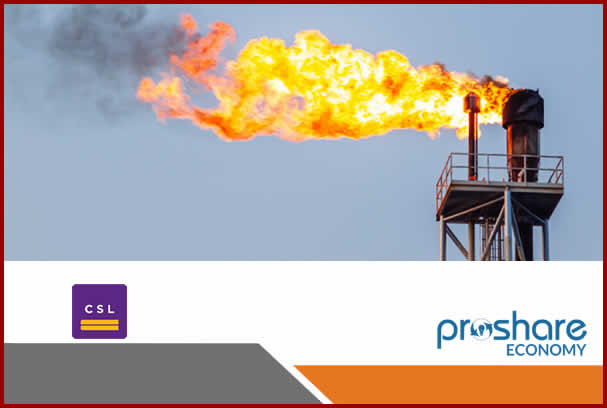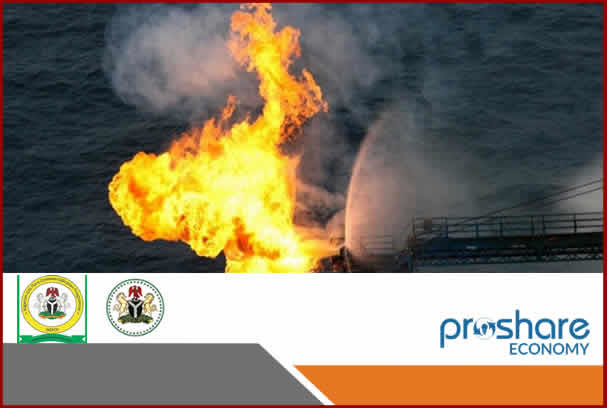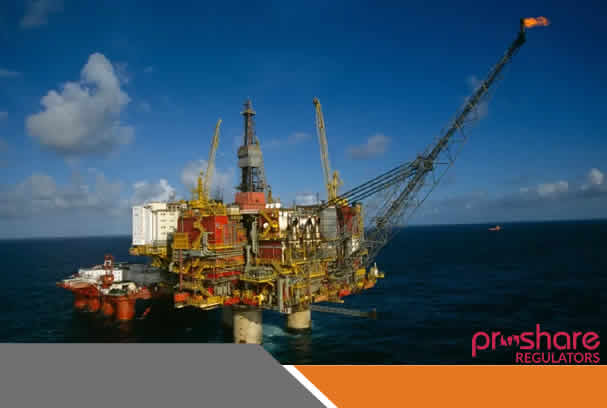Based on the data extracted from the Nigerian Oil Spill Monitor, an arm of the Nigerian Oil Spill Detection and Response Agency, NOSDRA, oil and gas companies in the country flared 157.8bn standard cubic feet (SCF) of gas worth US$552.3m from January to September 2022, resulting in 8.4million tonnes of carbon dioxide (CO2) emissions compared with 177.9bn standard cubic feet of gas worth US$622.6m flared in the same period of 2021 resulting in 9.4million tonnes of CO2 emissions. For the full year 2021, the country flared 256.4bn standard cubic feet of gas worth US$897.3m, resulting in 13.6million tonnes of CO2 equivalent emissions.
Elsewhere, the World Bank’s Global Gas Flaring Reduction Partnership (GGFR) in its 2022 global gas flaring tracker report ranked Nigeria as the 7th largest gas flaring country globally in 2021. Based on the satellite data, about 143.4 billion cubic meters (bcm) equivalent of c.5.1tn standard cubic feet of gas was flared at upstream oil and gas facilities across the globe in 2021, resulting in 382.4 million tonnes of carbon dioxide (CO2) equivalent emissions with an equivalent amount of US$16.5bn lost. Specifically for Nigeria, data from the World Bank was broadly in line with data from the Nigerian Oil Spill Monitor above.
Gas flaring in Nigeria has been an insurmountable problem for the country, especially in the Niger Delta region (Rivers, Akwa Ibom, Bayelsa and Imo state) since the commercial exploration of crude oil started. The country has, on several occasions, set targets to end gas flaring but none was achieved. The country has continued to adopt several initiatives to reduce gas flaring in the country, but progress has been slow. The reduced gas flared from January to September 2022 (157.8bn standard cubic feet) compared to the same period of 2021 (177.9bn standard cubic feet of gas) is a testament to the concerted efforts being made to reduce gas flaring in the country. Just recently, the Nigerian Upstream Petroleum Regulatory Commission (NUPRC) relaunched the Nigerian Gas Flare Commercialisation Programme (NGFCP) where gas flaring can be monetized by providing flared gas buyers with title and access to collect the molecules from the prescribed fields.
Meanwhile, the Federal Government continues to lose potential revenue to gas flaring. As seen by both the NOSDRA data and World Bank report, Nigeria lost potential income of between US$761.2m and US$897.3m to gas flaring in 2021. Beyond that, the agricultural ecosystem of the Niger Delta has been severely damaged. Due to increased soil temperature, crop yield has been affected resulting in many barren lands. Furthermore, water bodies are now black while rainfall in the area is also black destroying many homes. The black water bodies have destroyed fishing potential while the burning of bushes and lands has forced animals to desert the forests in the area. The health of citizens residing in communities prone to gas flaring has also been severely impacted. Gas flaring has been linked to cancer and lung damage alongside neurological and reproductive problems which have become prominent among pregnant women and newborns in the region
 Lagos, NG • GMT +1
Lagos, NG • GMT +1











 208 views
208 views












 Sponsored Ad
Sponsored Ad
 Advertise with Us
Advertise with Us









